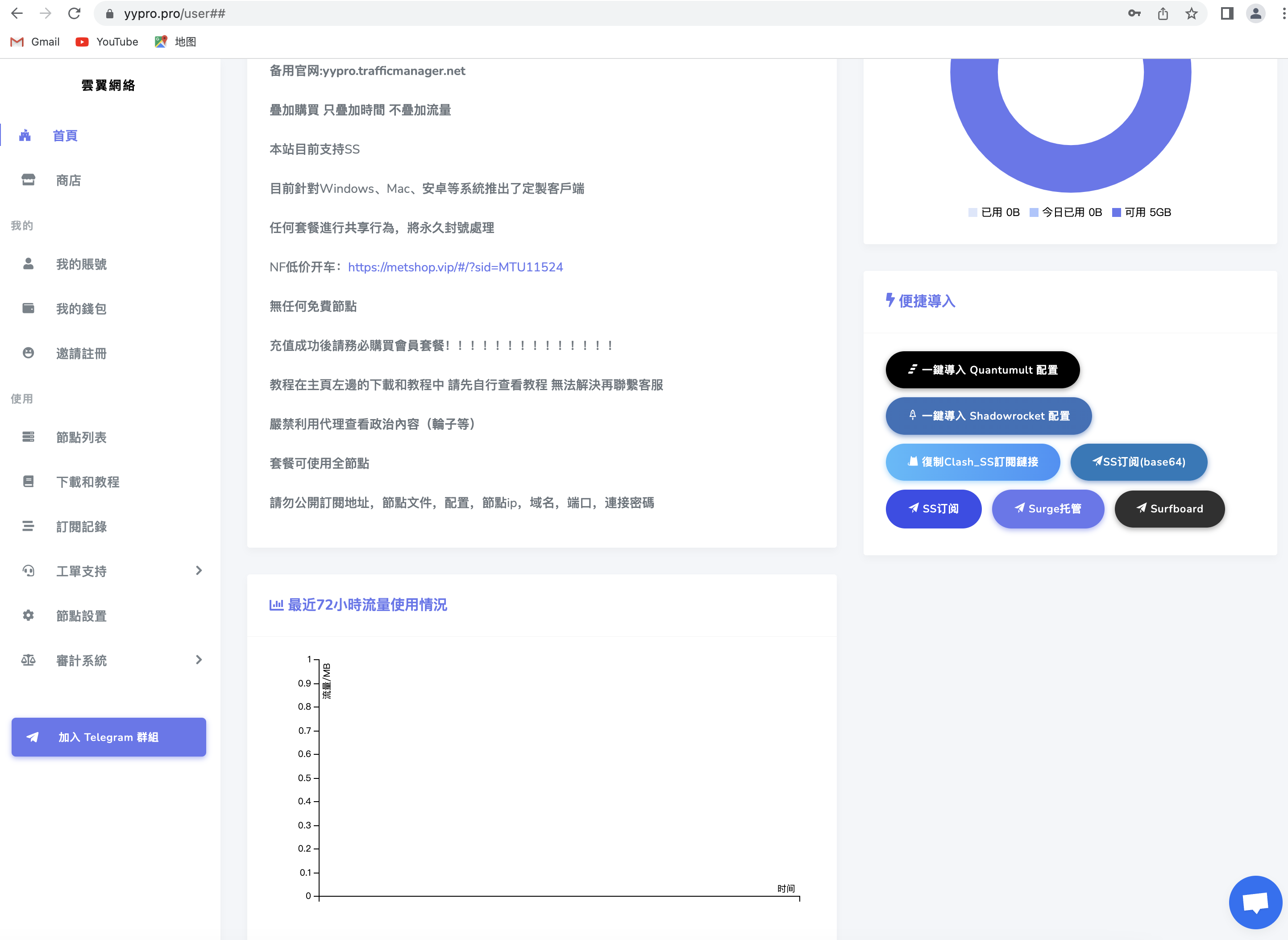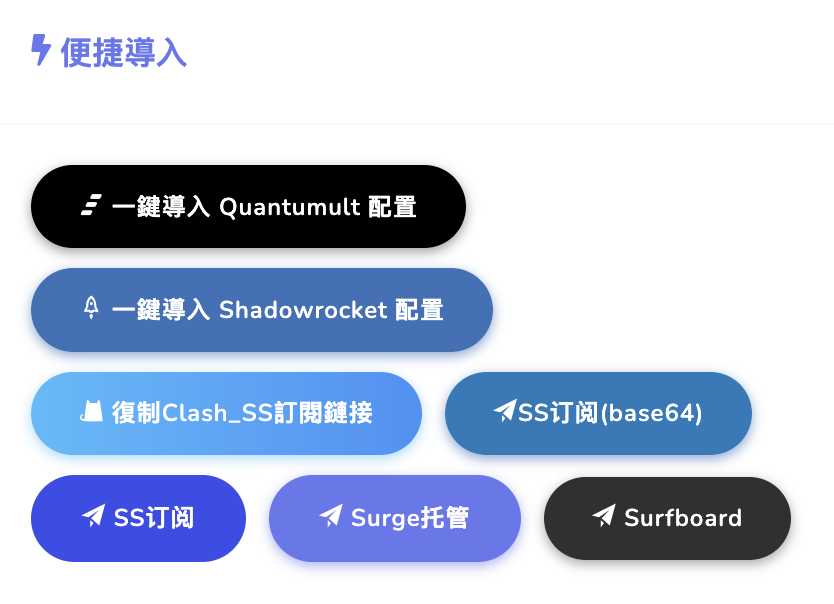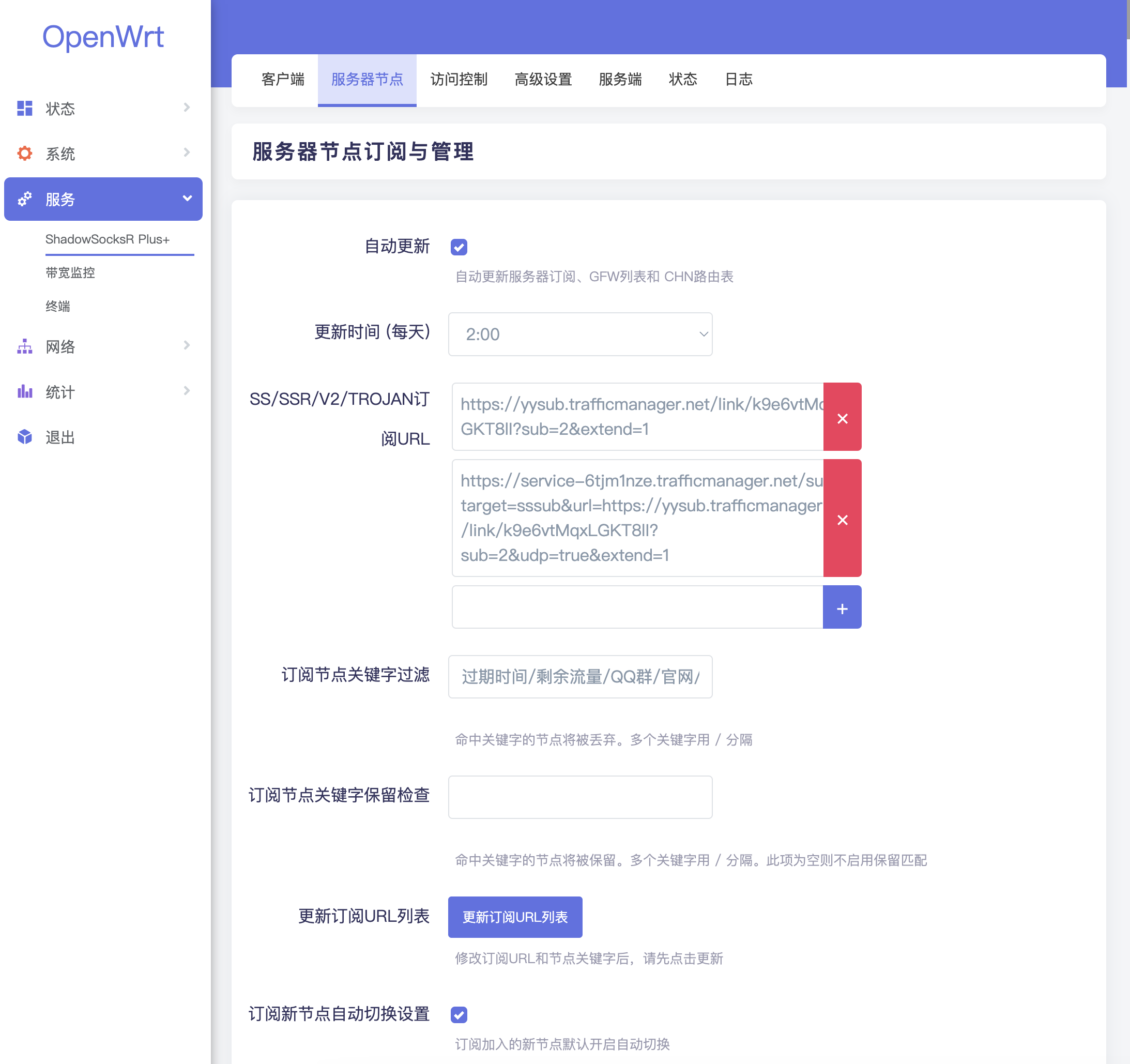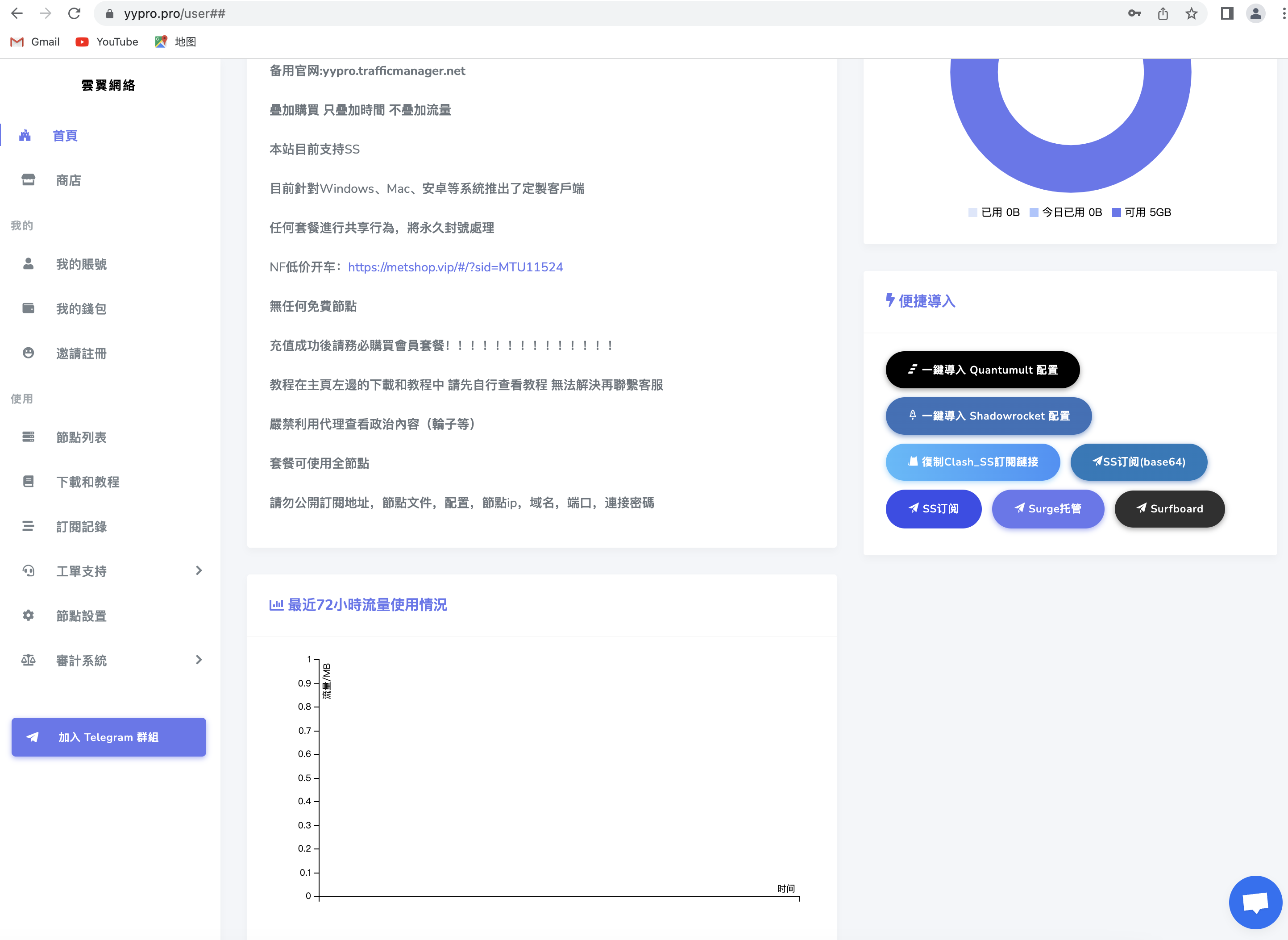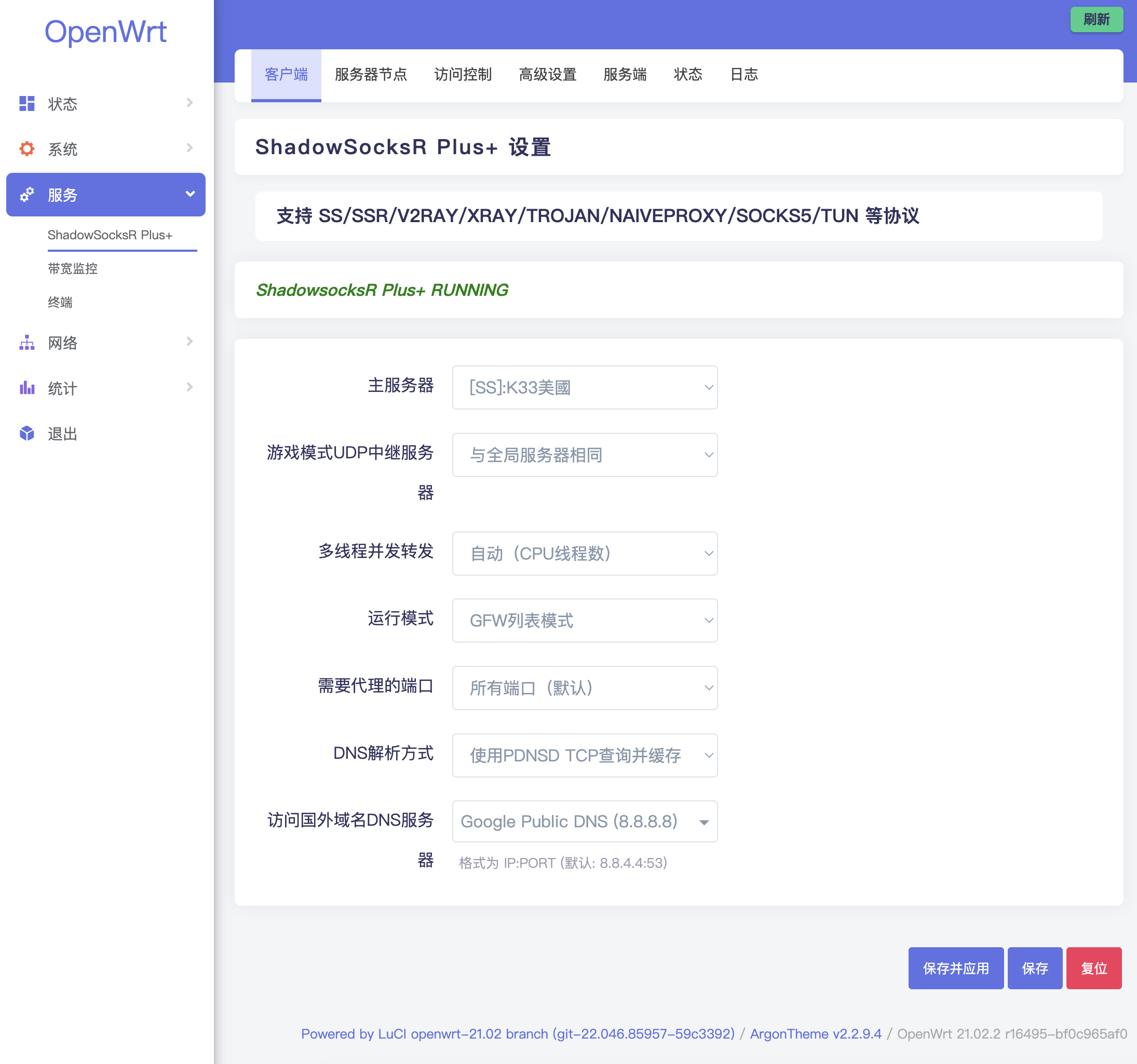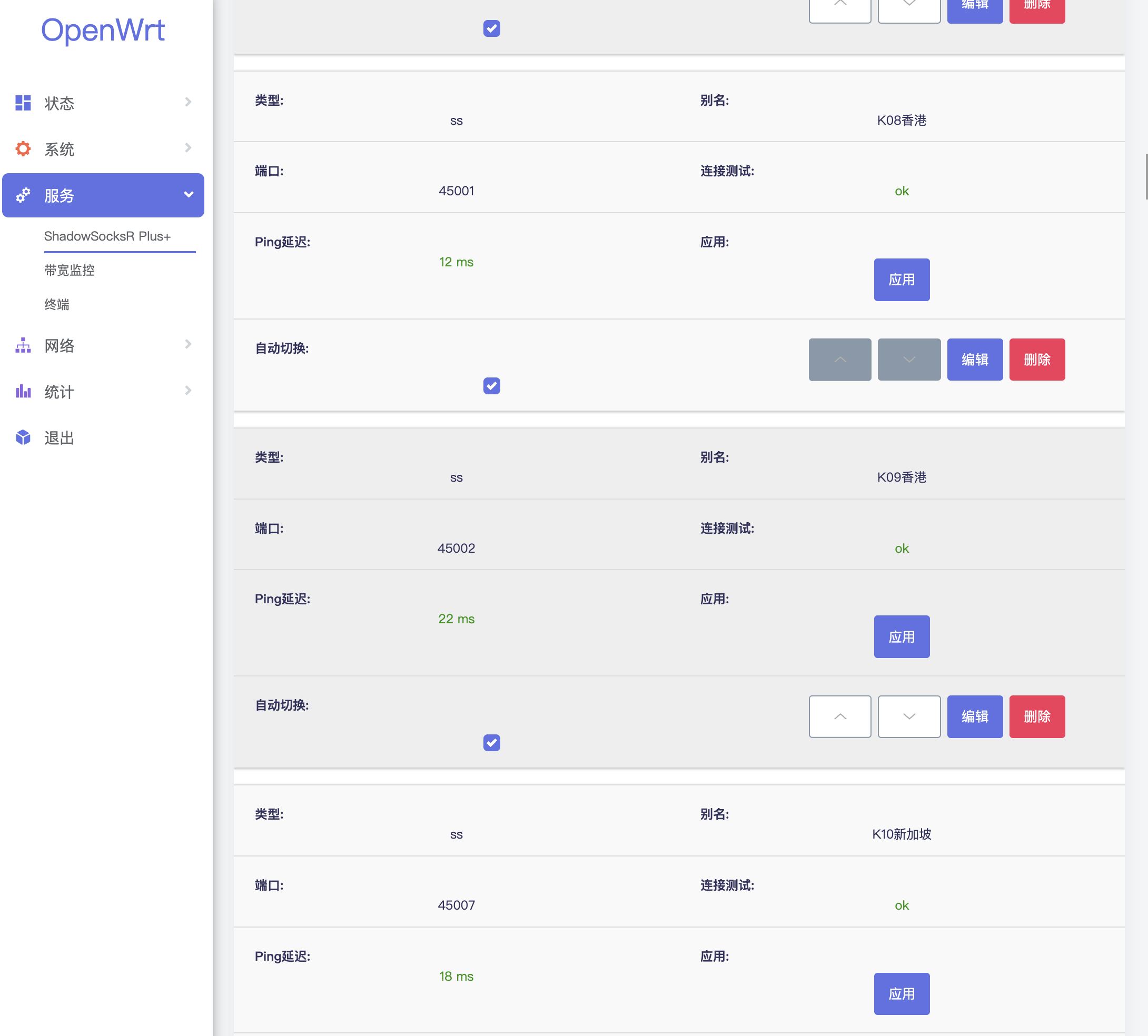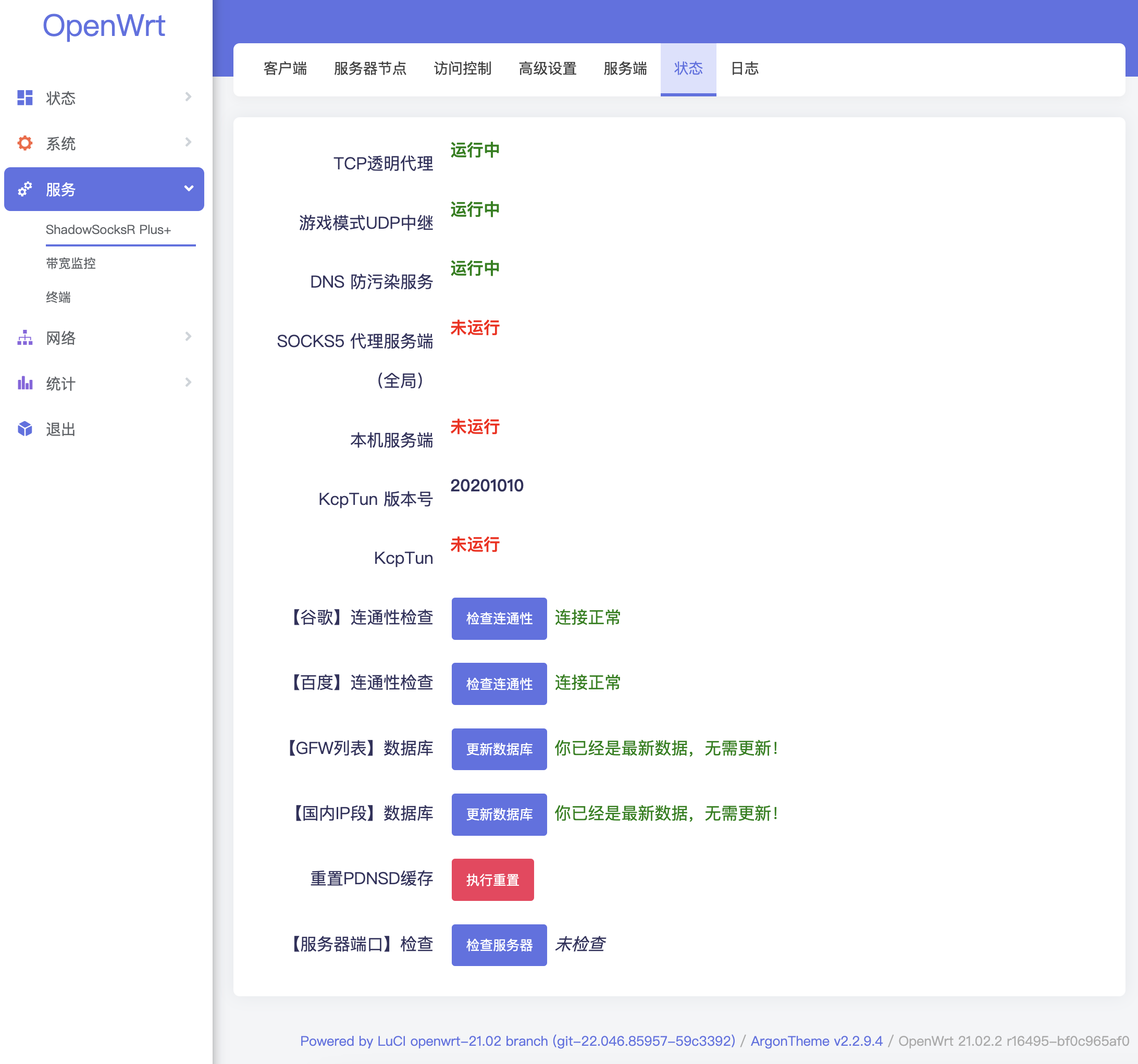https://blog.csdn.net/weixin_51156135/article/details/122252423
月度归档: 2023 年 1 月
ubuntu系统更新chrome
1.使用快捷键【Ctrl+Alt+T】打开终端命令模式。
2.输入以下命令获取最新版本的chrome。
wget https://dl.google.com/linux/direct/google-chrome-stable_current_amd64.deb
3.再输入将安装包解压,它会自动覆盖当前的chrome版本,更新最新的chrome。
sudo dpkg -i ./google-chrome-stable_current_amd64.deb
picamera2手册
codon编译导入模块出错的解决方法
出现找不到模块的编译错误
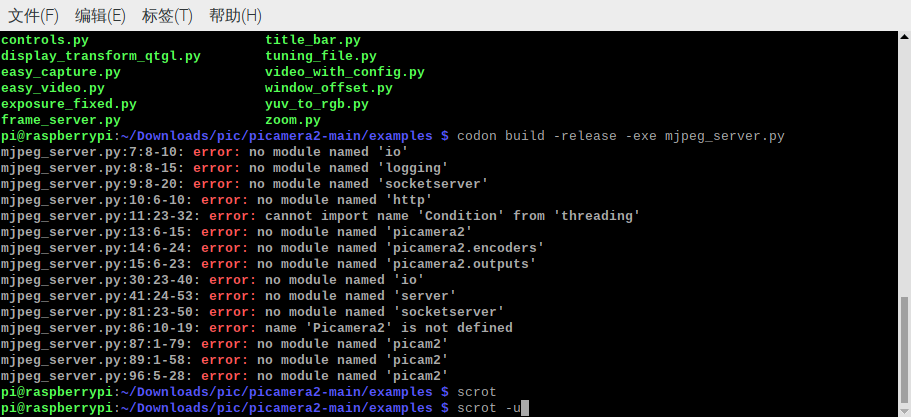
更改为
from python import io
树莓派picamera2流媒体服务器程序
局域网访问方式:http://ip:8000
#!/usr/bin/python3
# Mostly copied from https://picamera.readthedocs.io/en/release-1.13/recipes2.html
# Run this script, then point a web browser at http:<this-ip-address>:8000
# Note: needs simplejpeg to be installed (pip3 install simplejpeg).
import io
import logging
import socketserver
from http import server
from threading import Condition
from picamera2 import Picamera2
from picamera2.encoders import JpegEncoder
from picamera2.outputs import FileOutput
PAGE = """\
<html>
<head>
<title>picamera2 MJPEG streaming demo</title>
</head>
<body>
<h1>Picamera2 MJPEG Streaming Demo</h1>
<img src="stream.mjpg" width="640" height="480" />
</body>
</html>
"""
class StreamingOutput(io.BufferedIOBase):
def __init__(self):
self.frame = None
self.condition = Condition()
def write(self, buf):
with self.condition:
self.frame = buf
self.condition.notify_all()
class StreamingHandler(server.BaseHTTPRequestHandler):
def do_GET(self):
if self.path == '/':
self.send_response(301)
self.send_header('Location', '/index.html')
self.end_headers()
elif self.path == '/index.html':
content = PAGE.encode('utf-8')
self.send_response(200)
self.send_header('Content-Type', 'text/html')
self.send_header('Content-Length', len(content))
self.end_headers()
self.wfile.write(content)
elif self.path == '/stream.mjpg':
self.send_response(200)
self.send_header('Age', 0)
self.send_header('Cache-Control', 'no-cache, private')
self.send_header('Pragma', 'no-cache')
self.send_header('Content-Type', 'multipart/x-mixed-replace; boundary=FRAME')
self.end_headers()
try:
while True:
with output.condition:
output.condition.wait()
frame = output.frame
self.wfile.write(b'--FRAME\r\n')
self.send_header('Content-Type', 'image/jpeg')
self.send_header('Content-Length', len(frame))
self.end_headers()
self.wfile.write(frame)
self.wfile.write(b'\r\n')
except Exception as e:
logging.warning(
'Removed streaming client %s: %s',
self.client_address, str(e))
else:
self.send_error(404)
self.end_headers()
class StreamingServer(socketserver.ThreadingMixIn, server.HTTPServer):
allow_reuse_address = True
daemon_threads = True
socketserver.TCPServer.address_family=socket.AF_INET6 #支持ipv6
picam2 = Picamera2()
picam2.configure(picam2.create_video_configuration(main={"size": (640, 480)}))
output = StreamingOutput()
picam2.start_recording(JpegEncoder(), FileOutput(output))
try:
address = ('', 8000)
server = StreamingServer(address, StreamingHandler)
server.serve_forever()
finally:
picam2.stop_recording()
预览
#!/usr/bin/python3 # The QtPreview uses software rendering and thus makes more use of the # CPU, but it does work with X forwarding, unlike the QtGlPreview. import time from picamera2 import Picamera2, Preview picam2 = Picamera2() picam2.start_preview(Preview.QT) preview_config = picam2.create_preview_configuration() picam2.configure(preview_config) picam2.start() time.sleep(5)
注:(ipv6支持参考)
https://gist.github.com/makefile/d446a30b69e757b93dc3abff940ad381
#!/usr/bin/env python
#Simple Python Http Server with Upload, support ipv6 address, multi threading and utf-8 display
"""Simple HTTP Server With Upload.
This module builds on BaseHTTPServer by implementing the standard GET
and HEAD requests in a fairly straightforward manner.
"""
__version__ = "0.1"
__all__ = ["SimpleHTTPRequestHandler"]
__author__ = "makefile"
__home_page__ = "github.com/makefile"
import os
import sys
import posixpath
import BaseHTTPServer
import urllib
import cgi
import shutil
import mimetypes
import re
try:
from cStringIO import StringIO
except ImportError:
from StringIO import StringIO
# python 2:support ipv6
try:
import socket,SocketServer
SocketServer.TCPServer.address_family=socket.AF_INET6
except ImportError:
print('please find other ways to listen on ipv6 address!')
class SimpleHTTPRequestHandler(BaseHTTPServer.BaseHTTPRequestHandler):
"""Simple HTTP request handler with GET/HEAD/POST commands.
This serves files from the current directory and any of its
subdirectories. The MIME type for files is determined by
calling the .guess_type() method. And can reveive file uploaded
by client.
The GET/HEAD/POST requests are identical except that the HEAD
request omits the actual contents of the file.
"""
server_version = "SimpleHTTPWithUpload/" + __version__
def do_GET(self):
"""Serve a GET request."""
f = self.send_head()
if f:
self.copyfile(f, self.wfile)
f.close()
def do_HEAD(self):
"""Serve a HEAD request."""
f = self.send_head()
if f:
f.close()
def do_POST(self):
"""Serve a POST request."""
r, info = self.deal_post_data()
print r, info, "by: ", self.client_address
f = StringIO()
f.write('<!DOCTYPE html PUBLIC "-//W3C//DTD HTML 3.2 Final//EN">')
f.write("<html>\n<title>Upload Result Page</title>\n")
f.write("<head><meta charset=\"utf-8\"></head>\n")
f.write("<body>\n<h2>Upload Result Page</h2>\n")
f.write("<hr>\n")
if r:
f.write("<strong>Success:</strong>")
else:
f.write("<strong>Failed:</strong>")
f.write(info)
f.write("<br><hr><a href=\"%s\">back</a>" % self.headers['referer'])
f.write("</body>\n</html>\n")
length = f.tell()
f.seek(0)
self.send_response(200)
self.send_header("Content-type", "text/html")
self.send_header("Content-Length", str(length))
self.end_headers()
if f:
self.copyfile(f, self.wfile)
f.close()
def deal_post_data(self):
boundary = self.headers.plisttext.split("=")[1]
remainbytes = int(self.headers['content-length'])
line = self.rfile.readline()
remainbytes -= len(line)
if not boundary in line:
return (False, "Content NOT begin with boundary")
line = self.rfile.readline()
remainbytes -= len(line)
fn = re.findall(r'Content-Disposition.*name="file"; filename="(.*)"', line)
if not fn:
return (False, "Can't find out file name...")
path = self.translate_path(self.path)
fn = os.path.join(path, fn[0])
line = self.rfile.readline()
remainbytes -= len(line)
line = self.rfile.readline()
remainbytes -= len(line)
try:
out = open(fn, 'wb')
except IOError:
return (False, "Can't create file to write, do you have permission to write?")
preline = self.rfile.readline()
remainbytes -= len(preline)
while remainbytes > 0:
line = self.rfile.readline()
remainbytes -= len(line)
if boundary in line:
preline = preline[0:-1]
if preline.endswith('\r'):
preline = preline[0:-1]
out.write(preline)
out.close()
return (True, "File '%s' upload success!" % fn)
else:
out.write(preline)
preline = line
return (False, "Unexpect Ends of data.")
def send_head(self):
"""Common code for GET and HEAD commands.
This sends the response code and MIME headers.
Return value is either a file object (which has to be copied
to the outputfile by the caller unless the command was HEAD,
and must be closed by the caller under all circumstances), or
None, in which case the caller has nothing further to do.
"""
path = self.translate_path(self.path)
f = None
if os.path.isdir(path):
if not self.path.endswith('/'):
# redirect browser - doing basically what apache does
self.send_response(301)
self.send_header("Location", self.path + "/")
self.end_headers()
return None
for index in "index.html", "index.htm":
index = os.path.join(path, index)
if os.path.exists(index):
path = index
break
else:
return self.list_directory(path)
ctype = self.guess_type(path)
try:
# Always read in binary mode. Opening files in text mode may cause
# newline translations, making the actual size of the content
# transmitted *less* than the content-length!
f = open(path, 'rb')
except IOError:
self.send_error(404, "File not found")
return None
self.send_response(200)
self.send_header("Content-type", ctype)
fs = os.fstat(f.fileno())
self.send_header("Content-Length", str(fs[6]))
self.send_header("Last-Modified", self.date_time_string(fs.st_mtime))
self.end_headers()
return f
def list_directory(self, path):
"""Helper to produce a directory listing (absent index.html).
Return value is either a file object, or None (indicating an
error). In either case, the headers are sent, making the
interface the same as for send_head().
"""
try:
list = os.listdir(path)
except os.error:
self.send_error(404, "No permission to list directory")
return None
list.sort(key=lambda a: a.lower())
f = StringIO()
displaypath = cgi.escape(urllib.unquote(self.path))
f.write('<!DOCTYPE html PUBLIC "-//W3C//DTD HTML 3.2 Final//EN">')
f.write("<html>\n<title>Directory listing for %s</title>\n" % displaypath)
f.write("<head><meta charset=\"utf-8\"></head>\n")
f.write("<body>\n<h2>Directory listing for %s</h2>\n" % displaypath)
f.write("<hr>\n")
f.write("<form ENCTYPE=\"multipart/form-data\" method=\"post\">")
f.write("<input name=\"file\" type=\"file\"/>")
f.write("<input type=\"submit\" value=\"upload\"/></form>\n")
f.write("<hr>\n<ul>\n")
for name in list:
fullname = os.path.join(path, name)
displayname = linkname = name
# Append / for directories or @ for symbolic links
if os.path.isdir(fullname):
displayname = name + "/"
linkname = name + "/"
if os.path.islink(fullname):
displayname = name + "@"
# Note: a link to a directory displays with @ and links with /
f.write('<li><a href="%s">%s</a>\n'
% (urllib.quote(linkname), cgi.escape(displayname)))
f.write("</ul>\n<hr>\n</body>\n</html>\n")
length = f.tell()
f.seek(0)
self.send_response(200)
self.send_header("Content-type", "text/html")
self.send_header("Content-Length", str(length))
self.end_headers()
return f
def translate_path(self, path):
"""Translate a /-separated PATH to the local filename syntax.
Components that mean special things to the local file system
(e.g. drive or directory names) are ignored. (XXX They should
probably be diagnosed.)
"""
# abandon query parameters
path = path.split('?',1)[0]
path = path.split('#',1)[0]
path = posixpath.normpath(urllib.unquote(path))
words = path.split('/')
words = filter(None, words)
path = os.getcwd()
for word in words:
drive, word = os.path.splitdrive(word)
head, word = os.path.split(word)
if word in (os.curdir, os.pardir): continue
path = os.path.join(path, word)
return path
def copyfile(self, source, outputfile):
"""Copy all data between two file objects.
The SOURCE argument is a file object open for reading
(or anything with a read() method) and the DESTINATION
argument is a file object open for writing (or
anything with a write() method).
The only reason for overriding this would be to change
the block size or perhaps to replace newlines by CRLF
-- note however that this the default server uses this
to copy binary data as well.
"""
shutil.copyfileobj(source, outputfile)
def guess_type(self, path):
"""Guess the type of a file.
Argument is a PATH (a filename).
Return value is a string of the form type/subtype,
usable for a MIME Content-type header.
The default implementation looks the file's extension
up in the table self.extensions_map, using application/octet-stream
as a default; however it would be permissible (if
slow) to look inside the data to make a better guess.
"""
base, ext = posixpath.splitext(path)
if ext in self.extensions_map:
return self.extensions_map[ext]
ext = ext.lower()
if ext in self.extensions_map:
return self.extensions_map[ext]
else:
return self.extensions_map['']
if not mimetypes.inited:
mimetypes.init() # try to read system mime.types
extensions_map = mimetypes.types_map.copy()
extensions_map.update({
'': 'application/octet-stream', # Default
'.py': 'text/plain',
'.c': 'text/plain',
'.h': 'text/plain',
})
class ThreadedHTTPServer(SocketServer.ThreadingMixIn, BaseHTTPServer.HTTPServer):
""" This class allows to handle requests in separated threads.
No further content needed, don't touch this. """
def test(HandlerClass = SimpleHTTPRequestHandler,
ServerClass = BaseHTTPServer.HTTPServer):
BaseHTTPServer.test(HandlerClass, ServerClass)
def run(server_class=ThreadedHTTPServer,
handler_class=SimpleHTTPRequestHandler,
port=8000):
server_address = ('', port)
httpd = server_class(server_address, handler_class)
httpd.serve_forever()
if __name__ == '__main__':
# test()
if len(sys.argv) > 1:
run(port=int(sys.argv[1]))
自动对焦版本
#!/usr/bin/python3
# Mostly copied from https://picamera.readthedocs.io/en/release-1.13/recipes2.html
# Run this script, then point a web browser at http:<this-ip-address>:8000
# Note: needs simplejpeg to be installed (pip3 install simplejpeg).
from libcamera import controls, Transform
import io
import logging
import socket, socketserver
from http import server
from threading import Condition
from picamera2 import Picamera2, Preview
from picamera2.encoders import H264Encoder
from picamera2.encoders import JpegEncoder
from picamera2.outputs import FileOutput
PAGE = """\
<html>
<head><meta charset=\"utf-8\"></head>
<title>监看</title>
</head>
<body>
<h1>监看</h1>
<img src="stream.mjpg" width="960" height="960" />
</body>
</html>
"""
class StreamingOutput(io.BufferedIOBase):
def __init__(self):
self.frame = None
self.condition = Condition()
def write(self, buf):
with self.condition:
self.frame = buf
self.condition.notify_all()
class StreamingHandler(server.BaseHTTPRequestHandler):
def do_GET(self):
if self.path == '/':
self.send_response(301)
self.send_header('Location', '/index.html')
self.end_headers()
elif self.path == '/index.html':
content = PAGE.encode('utf-8')
self.send_response(200)
self.send_header('Content-Type', 'text/html')
self.send_header('Content-Length', len(content))
self.end_headers()
self.wfile.write(content)
elif self.path == '/stream.mjpg':
self.send_response(200)
self.send_header('Age', 0)
self.send_header('Cache-Control', 'no-cache, private')
self.send_header('Pragma', 'no-cache')
self.send_header('Content-Type', 'multipart/x-mixed-replace; boundary=FRAME')
self.end_headers()
try:
while True:
with output.condition:
output.condition.wait()
frame = output.frame
self.wfile.write(b'--FRAME\r\n')
self.send_header('Content-Type', 'image/jpeg')
self.send_header('Content-Length', len(frame))
self.end_headers()
self.wfile.write(frame)
self.wfile.write(b'\r\n')
except Exception as e:
logging.warning(
'Removed streaming client %s: %s',
self.client_address, str(e))
else:
self.send_error(404)
self.end_headers()
class StreamingServer(socketserver.ThreadingMixIn, server.HTTPServer):
allow_reuse_address = True
daemon_threads = True
socketserver.TCPServer.address_family=socket.AF_INET6
picam2 = Picamera2()
preview_config = picam2.create_preview_configuration()
preview_config["transform"] = Transform(hflip=1, vflip=1)
picam2.configure(preview_config)
picam2.start_preview(Preview.QTGL)
picam2.set_controls({"AfMode": controls.AfModeEnum.Continuous})
#picam2.configure(picam2.create_video_configuration(main={"size": (640, 480)}))
output = StreamingOutput()
picam2.start_recording(JpegEncoder(), FileOutput(output))
#picam2.start_recording(H264Encoder(), FileOutput(output))
try:
address = ('', 8000)
server = StreamingServer(address, StreamingHandler)
server.serve_forever()
finally:
picam2.stop_recording()
rclone
打造最小树莓派操作系统
香橙派lts访问外网
